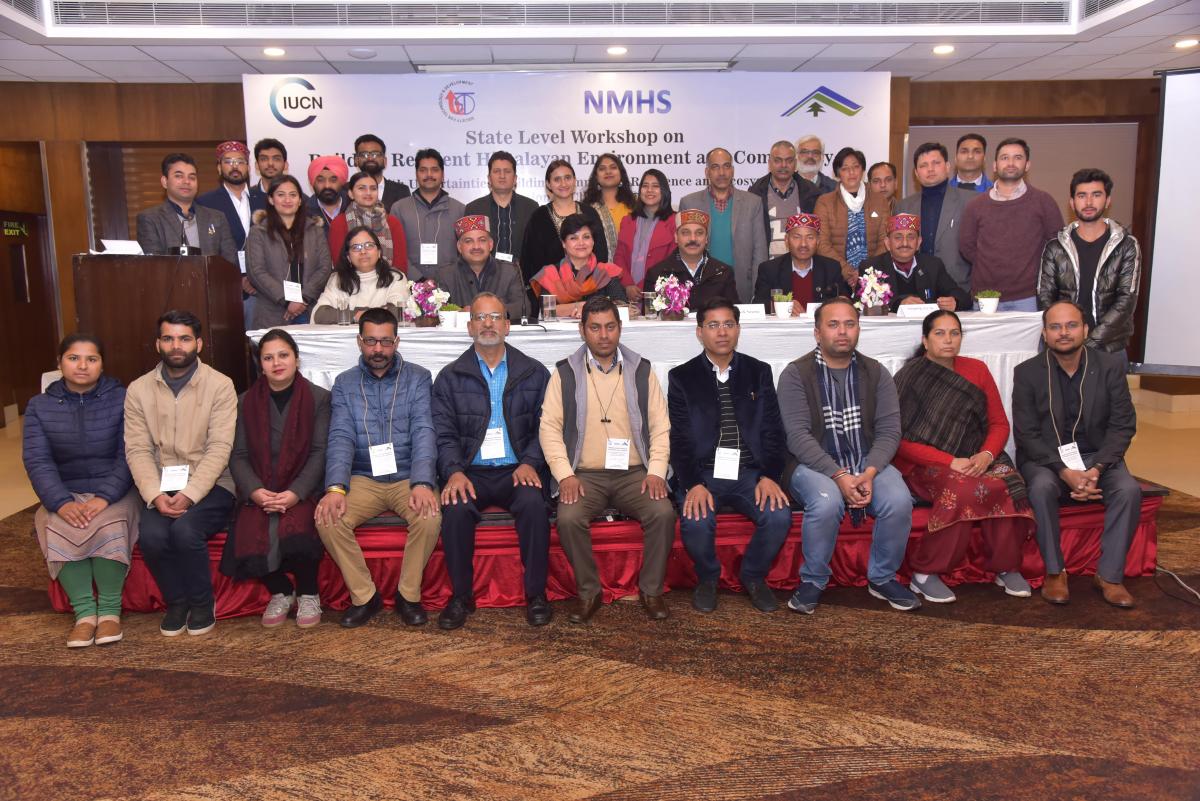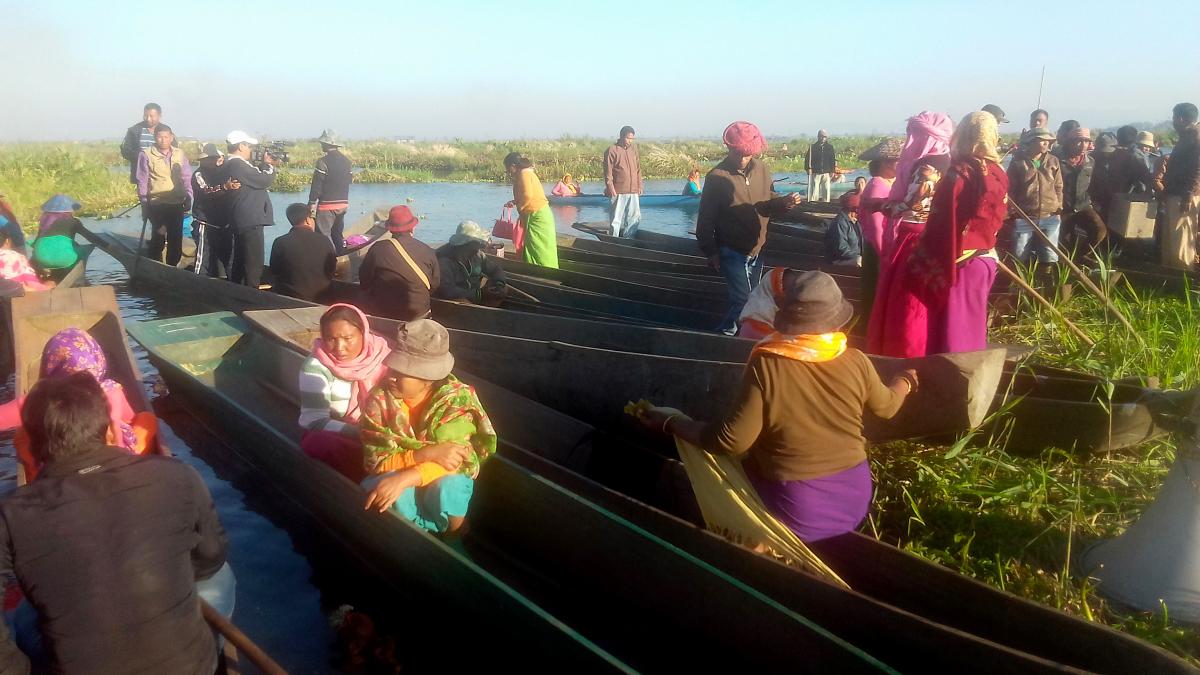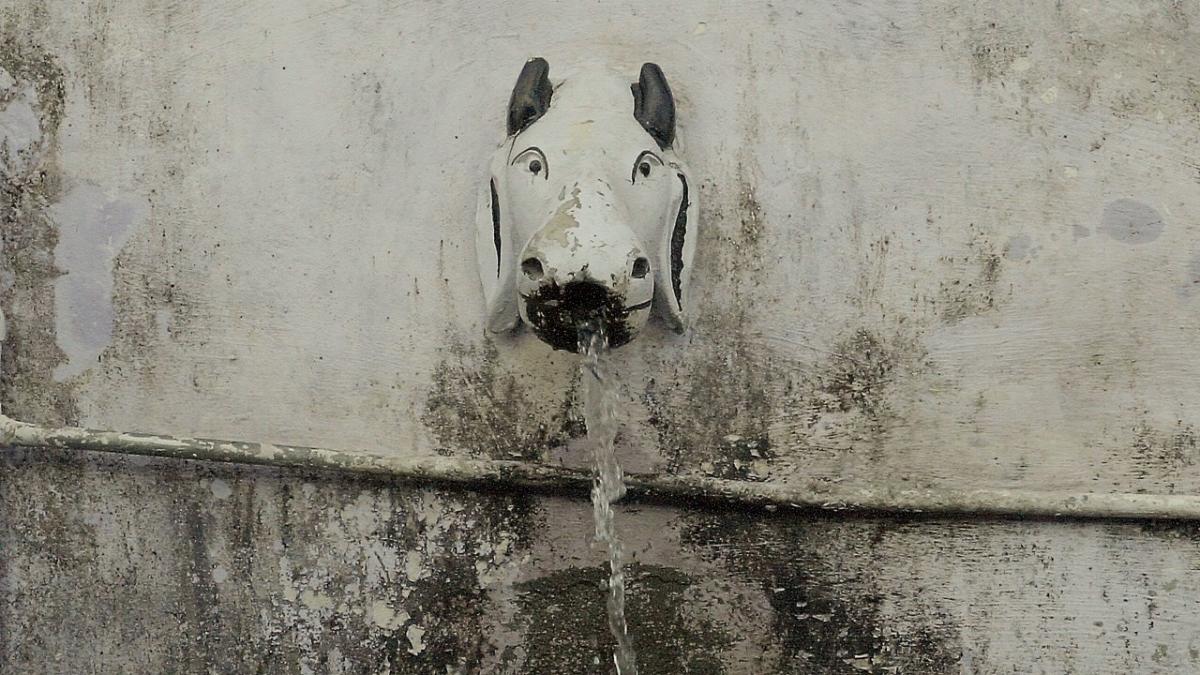Capacity building workshop on Reducing Emission from Deforestation and Forest Degradation (REDD+)
IUCN India organised a capacity building workshop on REDD+ under the National Mission on Himalayan Studies (NMHS) project ‘Coping with Uncertainties: Building Community Resilience and Ecosystem Based Adaptation to Climate Change in the Indian Himalayan Region (CwU)’ at IUCN India Country Office, New Delhi on July 24, 2018. The basic objective of this workshop was to build upon the existing knowledge on REDD+ and demystify how to design and implement a REDD+ project within the ambit of CwU.
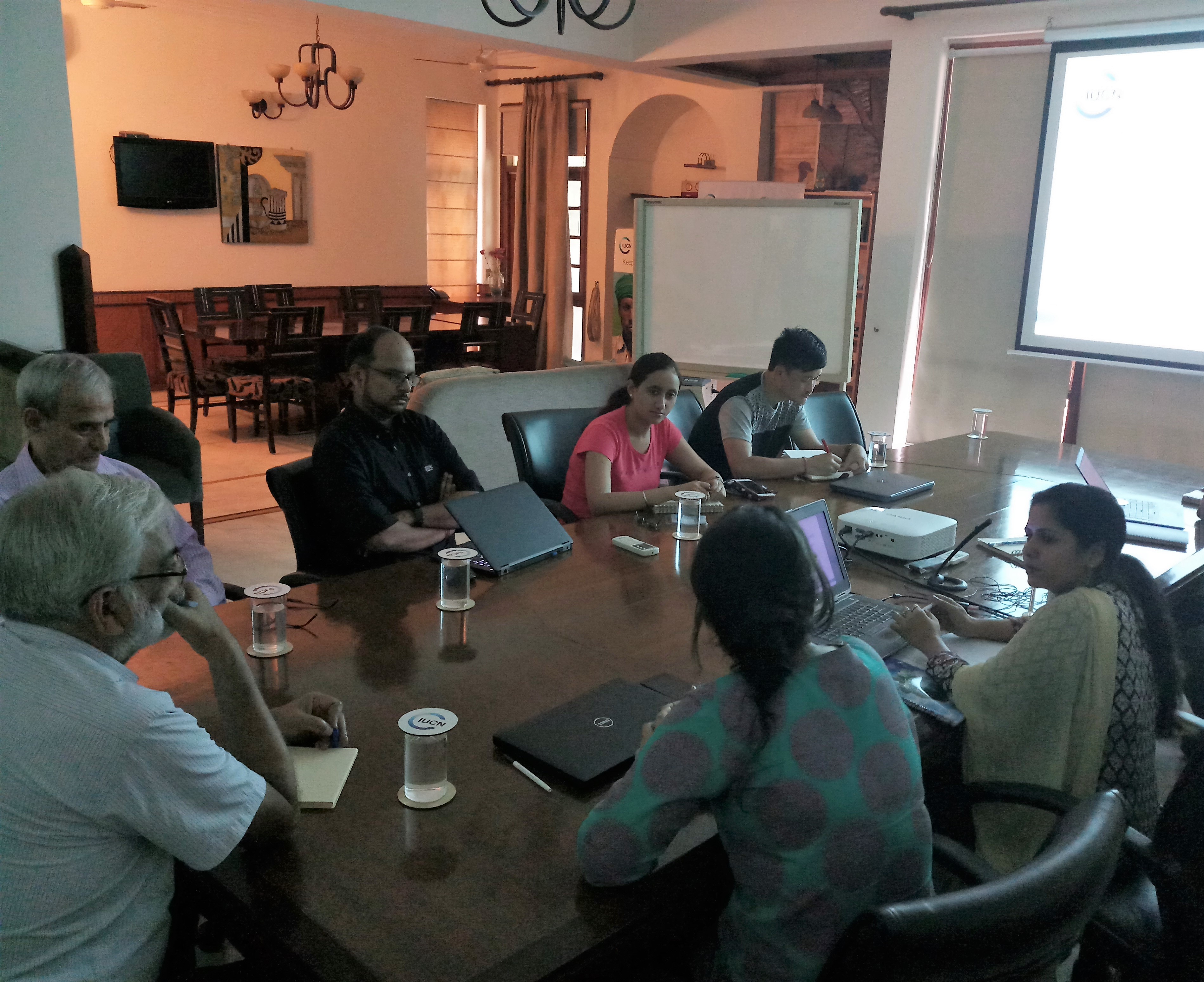
Photo: IUCN\ Rohit Singh
The workshop began with a welcome address from Dr. JS Rawat, Project Director, CwU. Dr Rawat emphasized the importance of healthy ecosystems and role of forests for climate change mitigation and adaptation. Following this, Mr. Vipul Sharma, Programme Officer, IUCN India explained the agenda for the day and shared his expectation from the workshop with the participants. This was followed by a presentation of the project’s progress by Ms. Pratishtha Singh, Project Associate. Mr. Yogeshwar Kumar, Advisor, CwU chaired the session and Ms. Zainab Hassan, Consultant – REDD+ moderated the discussions.
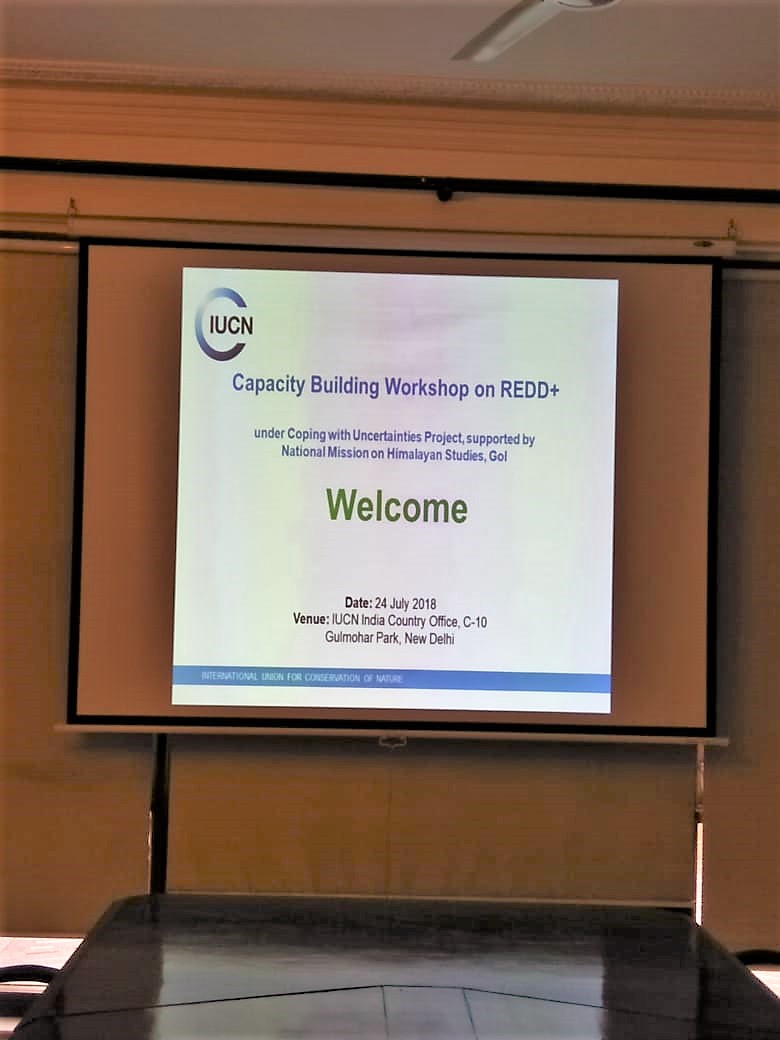 Photo: IUCN\ Manpreet Kaur
Photo: IUCN\ Manpreet Kaur
The first technical session began with an overview of REDD+ by Ms. Hassan. REDD+ is a forest based climate change mitigation method which incentivizes actions taken to reduce emissions from deforestation and degradation of forest lands. In the year 2005, Parties to United Nations Framework Convention on Climate Change (UNFCCC) developed the Reducing Emissions from Deforestation and Forest Degradation (REDD) approach which later evolved to become REDD+. Ms Hassan covered the basic concepts and discussed some of the major REDD+ initiatives that have already been undertaken in India over the last few years, particularly in the Himalayas.
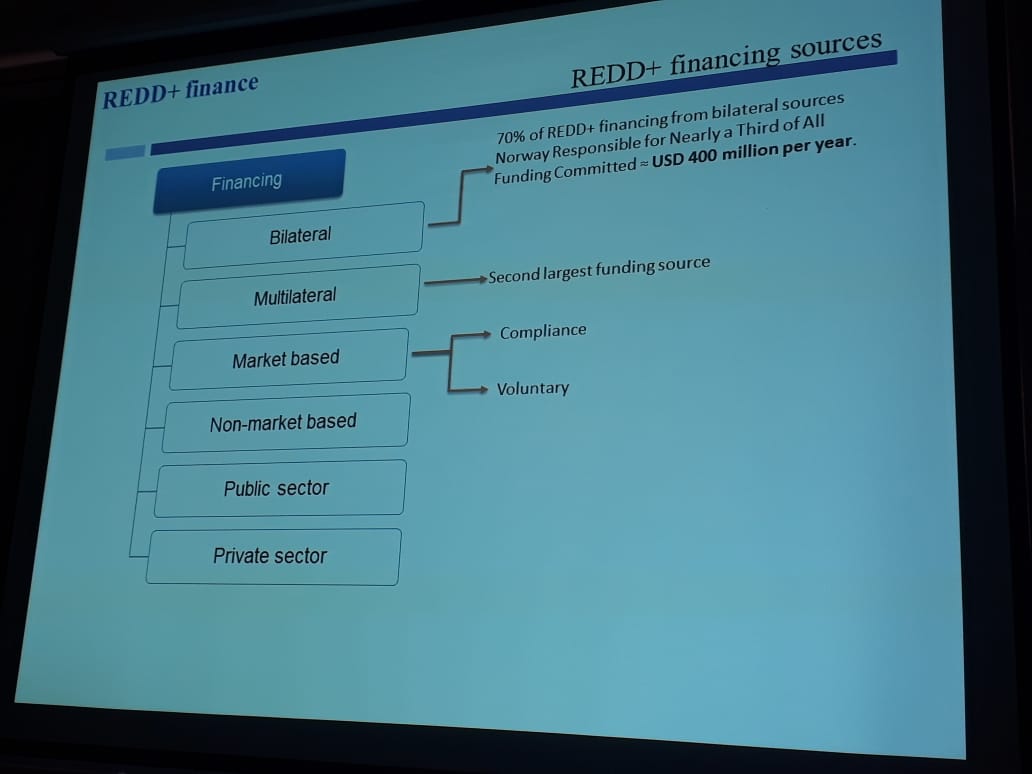 Photo: IUCN\ Aditya Petwal
Photo: IUCN\ Aditya Petwal
The second technical session was devoted to REDD+ processes, markets and finance. Some of the world’s most widely used carbon accounting standards such as Voluntary Carbon Standard (VCS), Plan Vivo, Gold standard, Climate, Community & Biodiversity Standard (CCBS) among others were highlighted and discussed. Also, different potential finance options were discussed, spanning from bilateral and multilateral support to the private sector. Next, the process of REDD+ project development was discussed in detail, keeping in mind the internationally accepted methodologies and challenges of implementing REDD+ till date.
In conclusion, Dr. JS Rawat thanked everyone and expressed his expectation that the team will soon prepare a road map for REDD+ pilots in the Indian Himalayan states.
For more information on the IUCN NMHS project, please click here.
